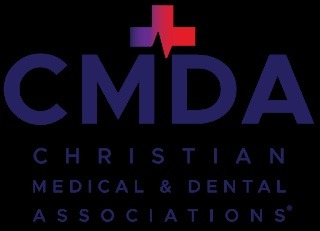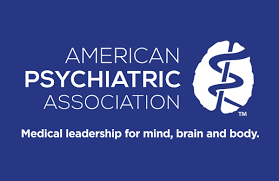After-hours triage: Closed
Reclaiming Wellness: A Faithful and Evidence-Based Approach
Our Commitment to Integrity in Care
At our clinic, we are dedicated to supporting your health and well-being with integrity, transparency, and a commitment to evidence-based practices. We recognize that the concept of wellness has become a popular yet often misunderstood term—frequently co-opted by an industry promoting unproven therapies, exaggerated claims, and costly interventions. Our approach is different. We aim to provide clarity and care you can trust, grounded in science and focused on your best interests.
Our Promise to You
We are here to guide you toward optimal health without the pitfalls of wellness hype. Our clinic stands as a beacon of discernment—offering treatments that work, rejecting those that don’t, and remaining open to emerging interventions when supported by convincing data or when standard of care interventions have been exhausted. Your trust is our priority. We are committed to providing compassionate, ethical, and scientifically sound care at every step of your journey.
A Cautious Look at the Wellness Industry
The wellness industry, projected to exceed $7.5 trillion by 2025—more than double the size of the global pharmaceutical market—has become a powerful cultural force. Yet this growth has not been without criticism. Detractors rightly point out the industry's frequent reliance on pseudoscience and commodified self-improvement, often preying on human vulnerabilities and existential anxieties.
Subjective and unverified claims are sometimes presented as medical truths. Personal insecurities are transformed into marketing opportunities. These dynamics raise valid concerns about a lack of scientific rigor, the targeting of vulnerable populations, and the potential to lead people away from evidence-based healthcare.
A Balanced Perspective
Despite these issues, not all wellness offerings are harmful or deceptive. The broader wellness sector also includes legitimate practices that contribute meaningfully to health and quality of life—such as physical fitness, stress management, mental health support, and community-building.
A nuanced perspective is essential. We advocate for informed decision-making, where consumers are encouraged to prioritize interventions that are supported by credible evidence and that promote well-being in respectful, sustainable, and community-oriented ways. The goal is not perfection, but purposeful care rooted in reality.
Recognizing Misleading Practices
Unfortunately, some clinicians and practitioners employ persuasive tactics to promote interventions that lack scientific validation. Being aware of these strategies—whether emotional appeals, vague promises, or the misuse of scientific language—can help individuals make better-informed healthcare decisions. We aim to foster this discernment in our patients, always offering care that is transparent, accountable, and honest. Here is a list of some of these tactics.
Faith-Informed Well Being:
Well being is not the absence of suffering or illness, but the profound peace of being transformed from within. It transcends physical health, emerging not from personal perfection, but from radical surrender to God's redemptive work.
Core Principles of Christian Well being
Well being is Relational, Not Transactional Healing comes not through individual control, but through connection with God and community.
Suffering is Not Failure Wellness coexists with brokenness. Our wholeness is not determined by circumstance, but by our identity in Christ. We can be well even in illness, finding strength in vulnerability.
Righteousness Precedes Happiness Pursuing righteousness and the Kingdom of God—not obsession over personal comfort or optimization—leads to genuine flourishing. Happiness follows obedience, not the reverse. Our well being is rooted in alignment with divine purpose.
Transformation is Comprehensive: Wellbeing encompasses spirit, mind, and body. It's not about external perfection, but internal restoration. God works from the inside out, changing us even as many of us remain in challenging contexts.
A Distinctly Christian Posture
We acknowledge that well being, or blessedness, often coexists with illness and suffering, rather than existing in their absence. It is an integral part of our identity, not just a goal we strive to reach. Our wellness is a divine gift, rather than something we attain through personal effort. While we are encouraged to engage in our healing journey, we are ultimately transformed by a love that surpasses our comprehension.
Contact
Connect
Call: (817) 518-4028
© 2025. All rights reserved.
Location Details
Address
Ste 105, 5004 Thompson Terrace, Colleyville, TX, 76034






Fax: (817) 259-2614